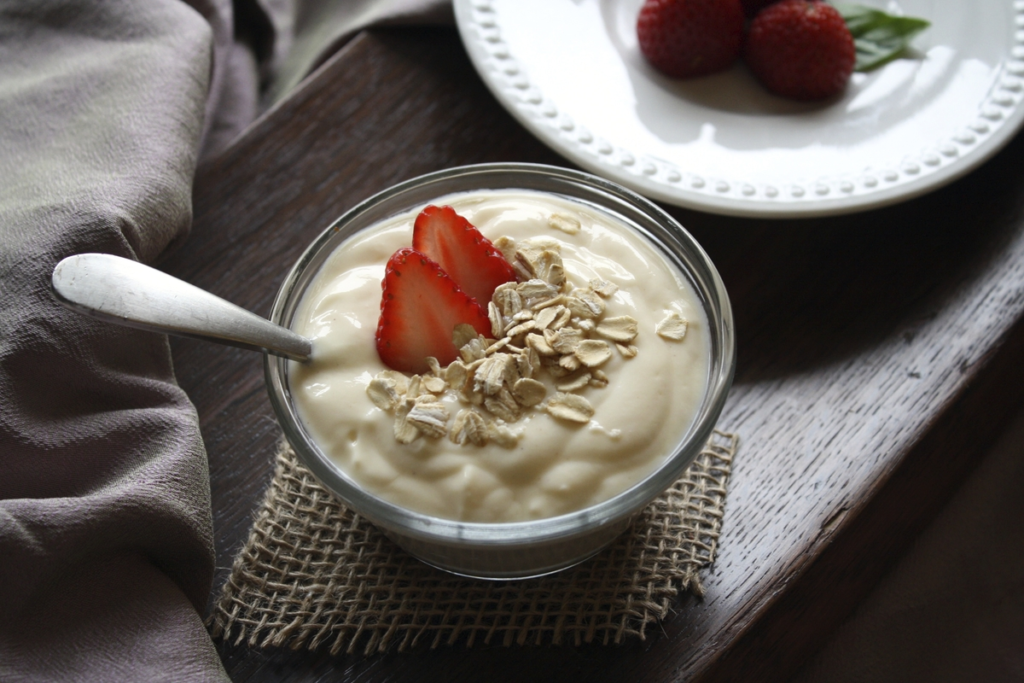Can you call the keto diet a diabetes reversal diet? What exactly is the keto diet, and can it help control blood sugar? Many people think that since the keto diet is a type of low-carb diet, there’s no need to consider glycemic load. Isn’t it okay to just focus on the keto diet and not on a low glycemic load pattern to control blood sugar? The following article discusses whether following the keto diet will help control blood sugar and promote diabetes reversal.
Table of Contents
What is Keto Diet?
In ancient times, fasting was used as a tool to cure diseases, believed to have the power to heal many bodily ailments. In 1911, two scientists named Guelpa and Marie observed that people suffering from epilepsy who fasted three times a week experienced a dramatic decrease in the frequency of seizures. After conducting further research, they published a paper suggesting that fasting could be used as a treatment for epilepsy.
Discovery of Ketones and the Development of the Keto Diet
After this research, many scientists conducted studies on fasting and discovered that it generates ketone molecules inside the body. These ketone molecules are produced due to the breakdown of fats and serve as an alternative source of energy. Typically, cells use glucose as their primary energy source, but they can also utilize ketones for energy when available. Scientists concluded that fasting leads to the generation of ketones through fat breakdown, and when ketones are used as an energy source, the incidence of seizures in epilepsy is significantly reduced.
In 1921, Dr. Russell Wild at the Mayo Clinic in the U.S. believed that if a person with epilepsy followed the Keto diet continuously, they would lose weight and become thin like a skeleton. He developed a ketogenic diet where ketones are continuously generated in the body without compromising on weight loss. He suggested minimizing carbohydrate intake and increasing fat intake.
After following a ketogenic diet, the episodes of seizures in epilepsy patients decreased dramatically. In more than 50 percent of patients with epilepsy, not a single episode of seizures was experienced. On the other hand, about 27 percent of people with epilepsy experienced very few seizures. Only a few percentages of people with epilepsy did not see any significant effect after following a ketogenic diet.
From 1921 to 1940, the ketogenic diet became very popular. After 1940, many pharmaceutical companies began manufacturing medicines to treat epilepsy seizures. With the availability of these medicines, people started to ignore the ketogenic diet, believing that if medicines were available, there was no need to adhere to the ketogenic diet.
After about 50 years, in 1990, a film producer in Hollywood had a son named Charlie who suffered from epilepsy and experienced several episodes of seizures. Even after medical treatment, Charlie did not see any significant improvement. One day, the producer’s dietician informed him that in 1920, the ketogenic diet was widely used to treat epilepsy and suggested that he give it a try.
Instead of giving milk to Charlie, he was given a diet rich in fat. They observed that the episodes of seizures drastically reduced in Charlie. Impressed by the results, the producer and director started the Charlie Foundation Trust to educate people about the ketogenic diet. In 1997, he produced a movie named “First Do No Harm.”
After the release of the movie, the ketogenic diet became popular, and by 2015, it had gained worldwide popularity. Scientists found that the ketogenic diet is beneficial not only for epilepsy patients but also for reducing blood sugar, cholesterol, treating PCOD, and aiding in weight loss, among other benefits. Due to these advantages, the ketogenic diet became popular across the globe.
Types of Keto Diet
There are different kinds of ketogenic diet. Basically, there are mainly 4 types of ketogenic diet as mentioned below:
| Types of Ketogenic Diet | Fat % | Protein % | Carbs % |
| Extreme Ketogenic Diet | 90 | 5 | 5 |
| High Ketogenic Diet | 80 | 15 | 5 |
| Medium Ketogenic Diet | 70 | 25 | 5 |
| Easy Ketogenic Diet | 60 | 30 | 10 |
- Extreme Ketogenic Diet: In this kind of diet, 90% of the calories come from fat sources. Remaining 10% would constitute proteins and carbohydrates (5% protein + 5% carb)
- High keto diet: In this diet, 80% of the calories would come from fat sources and the remaining 20% calories would come from proteins and carbohydrates (15% protein + 5% carbs)
- Medium Keto diet: In this diet, the fat source would be 70% and the remaining 30% would constitute proteins and carbohydrates (25% protein + 5% carbs)
- Easy Keto Diet: In this diet, the fat source would be 60% and the remaining 40% would be proteins and carbohydrates (30-35% proteins + 5-10% carbs)
When you talk about the keto diet, it is a very restrictive kind of diet. Besides, it also depends on the number of calories in the diet you are following. Is it a 1,000-calorie diet, a 1,500-calorie diet, or a 2,000-calorie diet? Generally, it has been observed that if you follow the keto diet, the calorie content should be low to achieve adequate results in weight loss.
Is Keto Diet beneficial for Diabetes Control?
Since the carbohydrate content is low in the ketogenic diet, it obviously helps reduce blood sugar and glycemic load. However, the million-dollar question is, will you be able to follow the ketogenic diet for a long period of time? Diabetes cannot be controlled in just 3-4 months; it takes time to control and reverse diabetes, and obviously, you need to maintain a low glycemic load for the same. In other words, your diet should be such that you can follow it for a long period of time.
FAQs (Frequently Asked Questions)
Q. Does ketogenic diet help control type 2 diabetes?
A. Yes, ketogenic diet helps control blood sugar significantly. And since it is a low carbohydrate diet, it is always a good choice for diabetics.
Q. What happens when a diabetic goes into keto?
A. When a diabetic goes into keto, the blood sugar level decreases significantly, as the body burns fats for energy and not glucose. Besides, keto diet also helps in weight loss, increase body energy and helps treat chronic diseases.
Q. Does a keto diet help reduce epilepsy?
A. Yes, keto diet significantly reduces seizures in patients with epilepsy. In fact, keto diet is recommended to patients with epilepsy.



